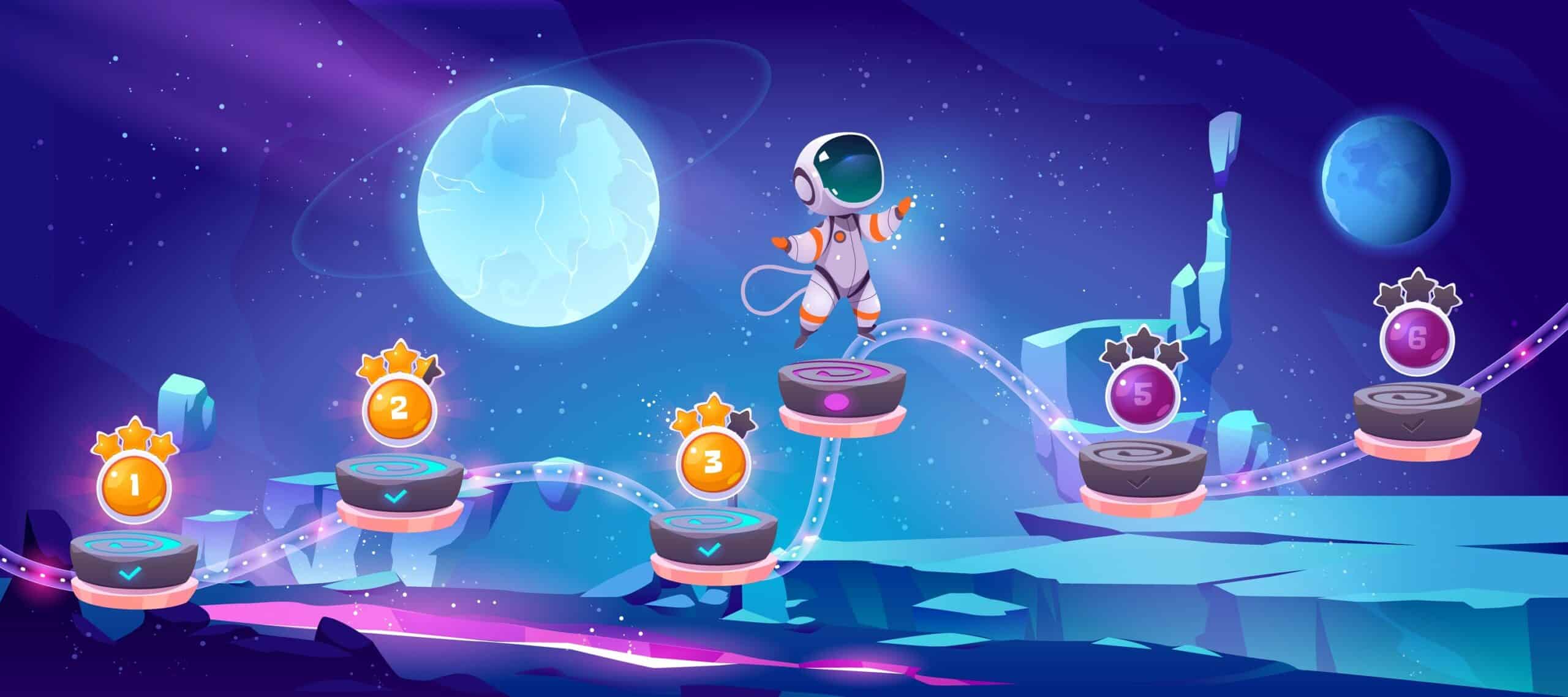In the fast-moving world of live service gaming, the stakes for player support have never been higher. Game developers and platforms wave upon wave of challenges and pressure to meet soaring player expectations amidst complex technical issues, in-game disputes, and evolving content. With millions of players demanding immediate, effective solutions, support teams face an urgent need to adapt, scale, and innovate. To keep players loyal and engaged, gaming platforms must embrace cutting-edge technology and build seamless, flexible support strategies that can rise to these challenges and ensure a flawless gaming experience. Here’s how an agile engagement and support approach can complement and elevate a live service game.

Live service games are constantly changing, whether through new updates, bug fixes, or seasonal events. This continuous evolution means player needs and issues can vary greatly. Flexible support services can adapt to these changes, offering timely and relevant assistance. For example, if a new update introduces a bug affecting gameplay, the support staff should burst up to provide responsive support quickly, addressing the issue, providing workarounds, and communicating updates to players. This agility ensures that players feel heard and supported, even as the game evolves.
Live service games often have diverse player bases with varying needs and preferences. Flexible support services can offer personalized assistance, tailoring their approach based on individual player concerns. This can include one-on-one interactions, customized troubleshooting steps, or tailored advice based on a player’s gameplay history. Personalization not only enhances the player’s experience but also fosters a stronger connection between the player and the game.

As a live service game grows, so does the volume of support requests. Flexible player support services are designed to scale efficiently with the game’s growth. This scalability ensures that support teams can handle increased demand without sacrificing quality. Advanced tools, such as automated ticketing systems and AI-driven chatbots, can handle routine inquiries and free up human agents to tackle more complex issues. This efficient handling of support requests keeps the system responsive and effective.
Exceptional player support contributes to building a strong and positive community around a live service game. When players feel supported and valued, they are more likely to engage with the game and its community. Support services can facilitate community-building efforts by organizing events, moderating forums, and addressing community concerns. A well-supported community fosters loyalty and encourages players to remain invested in the game.

Retention is a critical metric for live service games. Flexible player support services directly impact retention rates by ensuring that players have a positive experience throughout their time with the game. When issues are resolved quickly and efficiently, and players feel supported, they are more likely to stay engaged with the game. High-quality support can turn potential frustrations into opportunities for positive interactions, ultimately contributing to a more loyal player base.